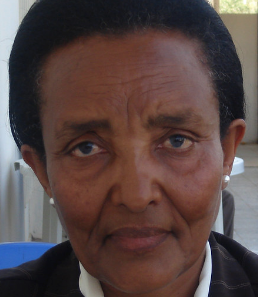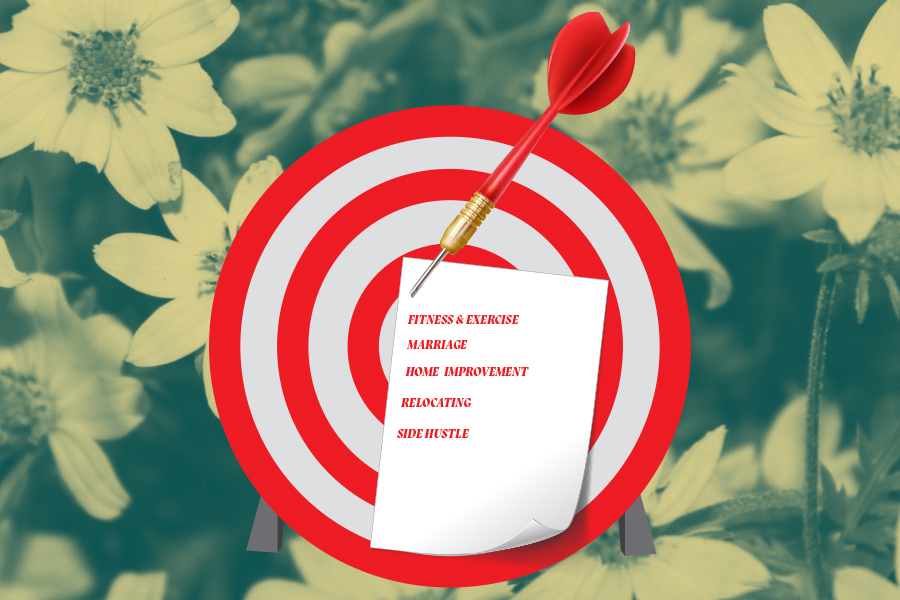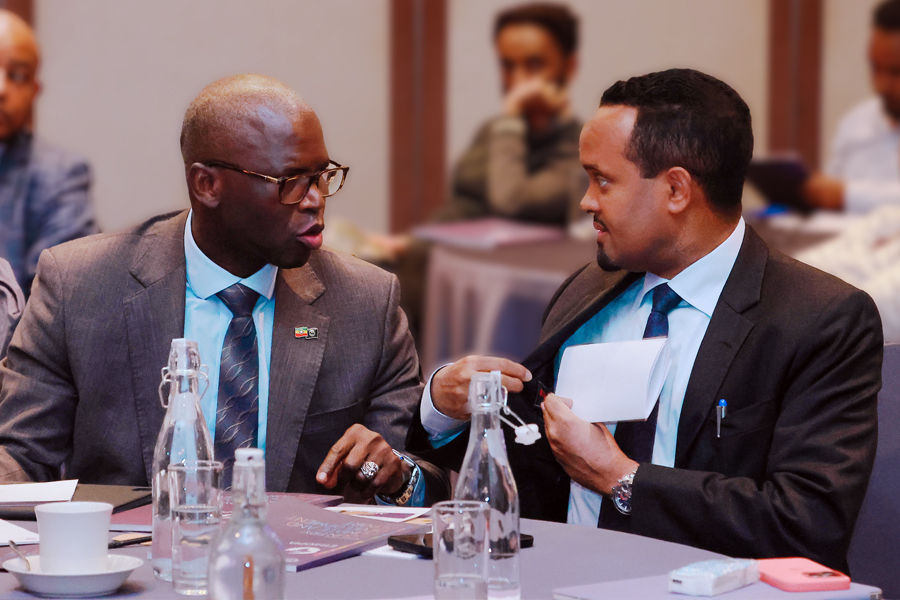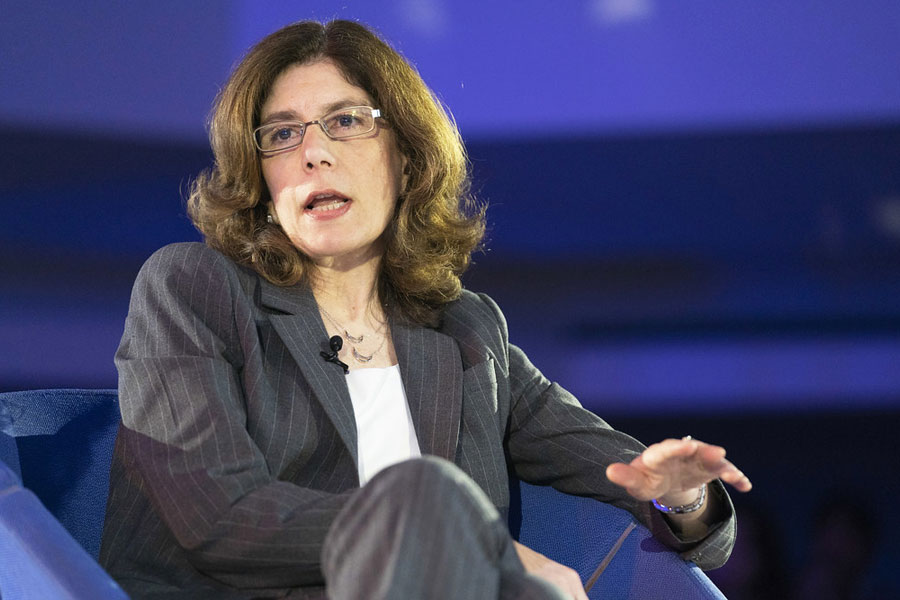
Verbatim | Aug 17,2019
Sep 17 , 2022
By Bjorn Lomborg
The disconnect between the global elite and the real world is growing daily. Most people are worn down by the pandemic, food and energy price hikes and general inflation, and worried about recession. Yet, the chattering classes are jetting into conferences at Davos or Aspen to declare that our biggest, immediate threats are climate change, environmental disasters, and biodiversity loss.
This ignores most of our urgent crises. Almost a billion people are at risk of starvation this year, exacerbated by climate-concerned opposition to fertilisers made with fossil fuels. More than a billion school children have missed out on an average of nine months of learning because of lockdowns, which will cost their generation 1.6 trillion dollars every year by 2040. Millions in the rich world will unnecessarily die from undiagnosed cancer and heart disease ignored during COVID-19, while millions more in the poor world will die unnecessarily from malaria and tuberculosis, just like they always do.
If one is a wealthy, climate-concerned jetsetter with private health insurance and a recession-safe job, they do not need to worry about malaria, recession, waiting in line for cancer tests, or about their children falling behind when schools close again. Nor are these the issues that will get their attention or airtime.
Solving the real world’s big problems is messy, and progress is slow and unspectacular. It is far more exhilarating to make grand promises to save the entire world by going net zero or abandoning synthetic fertilisers.
Climate change is a real, human-made problem that deserves attention. It is also wildly overblown in the media, with every weather ‘event’ turned into a televisual catastrophe. Last year, newspapers overflowed with stories of devastating hurricanes. Yet, 2021 had the fewest hurricanes globally since satellites started consistently monitoring the world in 1980. Hundreds of deaths from heat waves top the news for days, as in Europe just now, even though the data shows everywhere many more people — 4.5 million globally — die from cold temperatures, often because of a lack of heating exacerbated by high energy prices.
The costs of the climate and environmental policies pushed at establishment talk-fests are quickly becoming unbearable. For decades, we have been told that ending fossil fuels is cost-free or even beneficial. Now, we are starting to see the immense economic and security costs of such untethered promises. Early pushback came in France with the ‘yellow vest’ protests.
The Netherlands has been roiled by protests since the government introduced policies that would decimate the agricultural industry in the name of the environment. The policies threaten the production of the world’s second-largest food exporter right when global hunger is rising, yet the government is unable to change course because environmentalists have taken legal action to lock in the lopsided policies.
It is even worse in Sri Lanka. Egged on by elite campaigners and the World Economic Forum to go organic, the government banned synthetic fertilisers in April 2021. Predictably, food production collapsed, and the currency defaulted. Large scale protests from hungry and dissatisfied citizens who overran the presidential palace have now forced the resignation of the government.
Solving many of these problems is not rocket science. The rich should stop making food more expensive by insisting on organics. They should stop making energy more expensive by dictating intermittent renewables. Instead, we should increase R&D into better seeds to deliver more food with a lower environmental footprint. We should drive green energy breakthroughs that could make drastic CO2 reductions cheap and feasible. And we should include the many other urgent crises that have simple and effective solutions — for instance for tuberculosis and for securing much better learning in schools across the world with computer-assisted teaching at the right level.
Unfortunately, the elite instead seems to double down on climate and environment, and the Netherlands and Sri Lanka are then just warnings of what will come. Net-zero will be the costliest policy that the world has ever embarked upon. The price tag just for paying for renewable assets and infrastructure alone will be more than five trillion dollars every year for the next three decades, according to McKinsey. This equates to more than one-third of the global tax intake. For the United States alone, one study shows that getting 80pc of the way to President Biden’s climate promises by mid-century would cost each American more than 5,000 dollars every year. Going all the way would likely more than double that cost.
Every year the EU has to pay 69 billion euros just in subsidies to support its renewables. But if the block persists — or is forced by courts — with its even stauncher net-zero promises, this price-tag could explode to more than one trillion dollars annually.
As in the Netherlands, governments are going to find themselves increasingly caught between environmentalists who use legal action to hold them to virtue-signaling vows, and working families who cannot cope with rising prices.
The wild increases in energy prices in Europe, although partly caused by poorly-designed climate policies, are mostly due to Russia’s indefensible war. But the cost of energy could increase even more, every year, and for everyone across the globe, if politicians double down on net-zero.
Even under today’s policies, European Union vice-president and long-time climate action advocate Frans Timmermans admits that many millions of Europeans might not be able to heat their homes this winter. This, he concludes, could lead to “very, very strong conflict and strife”.
He’s right. When people are cold, hungry and broke, they rebel. If the elite continues pushing incredibly expensive policies that are disconnected from the urgent challenges facing most people, we need to brace for much more global chaos.
PUBLISHED ON
Sep 17,2022 [ VOL
23 , NO
1168]


Verbatim | Aug 17,2019

Viewpoints | Oct 05,2024

Radar | Jan 09,2021

Commentaries | Jun 22,2024

Featured | Sep 08,2024

Viewpoints | Jul 20,2024

Life Matters | Aug 19,2023

Fortune News | Mar 02,2024

Commentaries | Sep 10,2021

Exclusive Interviews | Jan 24,2023

My Opinion | 132041 Views | Aug 14,2021

My Opinion | 128437 Views | Aug 21,2021

My Opinion | 126364 Views | Sep 10,2021

My Opinion | 123987 Views | Aug 07,2021





Dec 22 , 2024 . By TIZITA SHEWAFERAW
Charged with transforming colossal state-owned enterprises into modern and competitiv...

Aug 18 , 2024 . By AKSAH ITALO
Although predictable Yonas Zerihun's job in the ride-hailing service is not immune to...

Jul 28 , 2024 . By TIZITA SHEWAFERAW
Unhabitual, perhaps too many, Samuel Gebreyohannes, 38, used to occasionally enjoy a couple of beers at breakfast. However, he recently swit...

Jul 13 , 2024 . By AKSAH ITALO
Investors who rely on tractors, trucks, and field vehicles for commuting, transporting commodities, and f...

Jul 12 , 2025
Political leaders and their policy advisors often promise great leaps forward, yet th...

Jul 5 , 2025
Six years ago, Ethiopia was the darling of international liberal commentators. A year...

Jun 28 , 2025
Meseret Damtie, the assertive auditor general, has never been shy about naming names...

Jun 21 , 2025
A well-worn adage says, “Budget is not destiny, but it is direction.” Examining t...

Jul 13 , 2025 . By YITBAREK GETACHEW
The Addis Abeba City Revenue Bureau has introduced a new directive set to reshape how...

Jul 13 , 2025 . By BEZAWIT HULUAGER
Addis Abeba has approved a record 350 billion Br budget for the 2025/26 fiscal year,...

Jul 13 , 2025 . By RUTH BERHANU
The Addis Abeba Revenue Bureau has scrapped a value-added tax (VAT) on unprocessed ve...

Jul 13 , 2025 . By NAHOM AYELE
Federal lawmakers have finally brought closure to a protracted and contentious tax de...